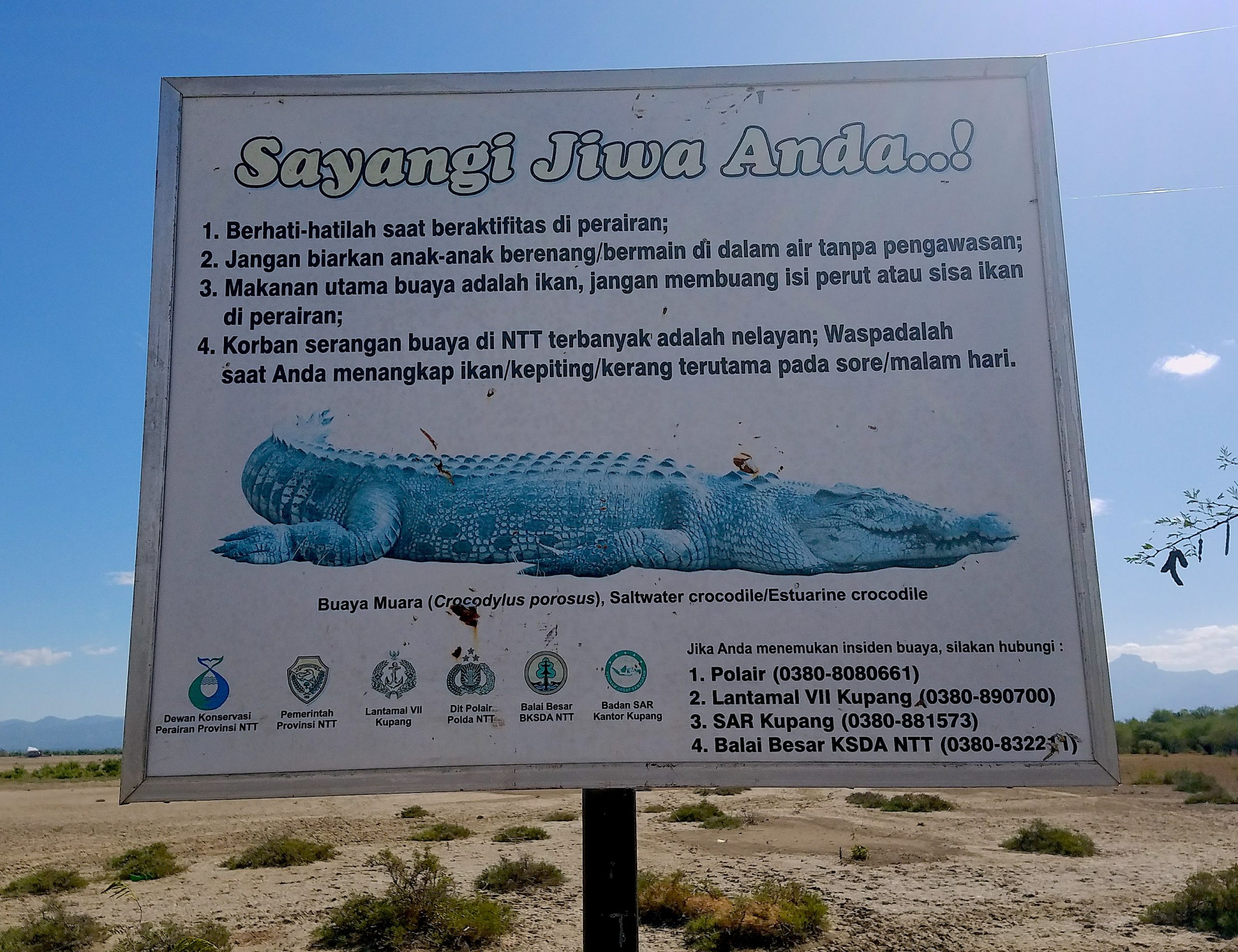CROCODILES AND CRONIES: Making Multispecies Alliances in Kupang Bay, Gillian BogartIndonesian national development programs have,…

Webinar Wed. Sept. 16, 12:00-1:30: China’s BRI in SE Asia and Future Prospects

Webinar Information
Please register in advance to receive Zoom details. Registration and more information.
This webinar is a part of the Crossing Borders: International Affairs between China and Southeast Asia Fall 2020 Roundtable Series hosted by the Center for Southeast Asian Studies and Center for Chinese Studies at the University of Hawai’i at Mānoa, together with the East-West Center.
Abstract:
Direct Chinese involvement in Southeast Asia through its Belt and Road Initiative (BRI) began in 2013. Designed as a catalyst for regional growth, BRI infrastructure projects bring Chinese revenue and people directly into Southeast Asia, contributing to the porousness of nation-state borders in the region.
Speakers:
Jefferson Fox (Research Program, East-West Center)
His NSF- and NASA-funded research on land-use and land-cover change in Southeast Asia examines the impact of these changes on the region and global environment. He’ll focus on the impacts of BRI-related road and dam construction in Mainland Southeast Asia.
Mary Mostafanezhad (Geography/Environment, U Hawai’i at Mānoa)
Her NSF-funded research explores transboundary haze pollution, produced in part by current BRI projects, across three Southeast Asian countries: Myanmar, Thailand and Lao PDR. She’ll bring grounded Southeast Asian perspectives on BRI impacts to this discussion.
Elina Noor (Political-Security Affairs, Asia Society Policy Institute)
Until recently with the Daniel K. Inouye Asia-Pacific Center for Strategic Studies, her research focuses on security developments in Southeast Asia. She brings perspectives on the articulation between BRI initiatives in Southeast Asia and regional security issues.
Xiaojun Wang (Economics, U Hawai’i at Mānoa)
His main research interests in China include macroeconomic perspectives on the Chinese ecology and labor market reforms. He’ll provide context on BRI issues that affect its implementation in SEA.
Henryk Szadziewski (PhD Candidate, Geography/Environment, U Hawai’i at Mānoa)
He brings academic and applied experience in Uyghur human rights to his dissertation research on China’s impact in its far peripheries. His ongoing focus on community responses to Chinese expats running BRI projects in Fiji helps place Southeast Asian responses in broader context.
Moderator:
Cathryn Clayton (Asian Studies, U Hawai’i at Mānoa)
With more than 20 years’ experience in Macau, Cathryn Clayton will moderate this webinar series. Her focus on conceptions and practices of Chinese sovereignty throughout and after colonial interventions offers insights on the political impacts of BRI in Southeast Asia.





